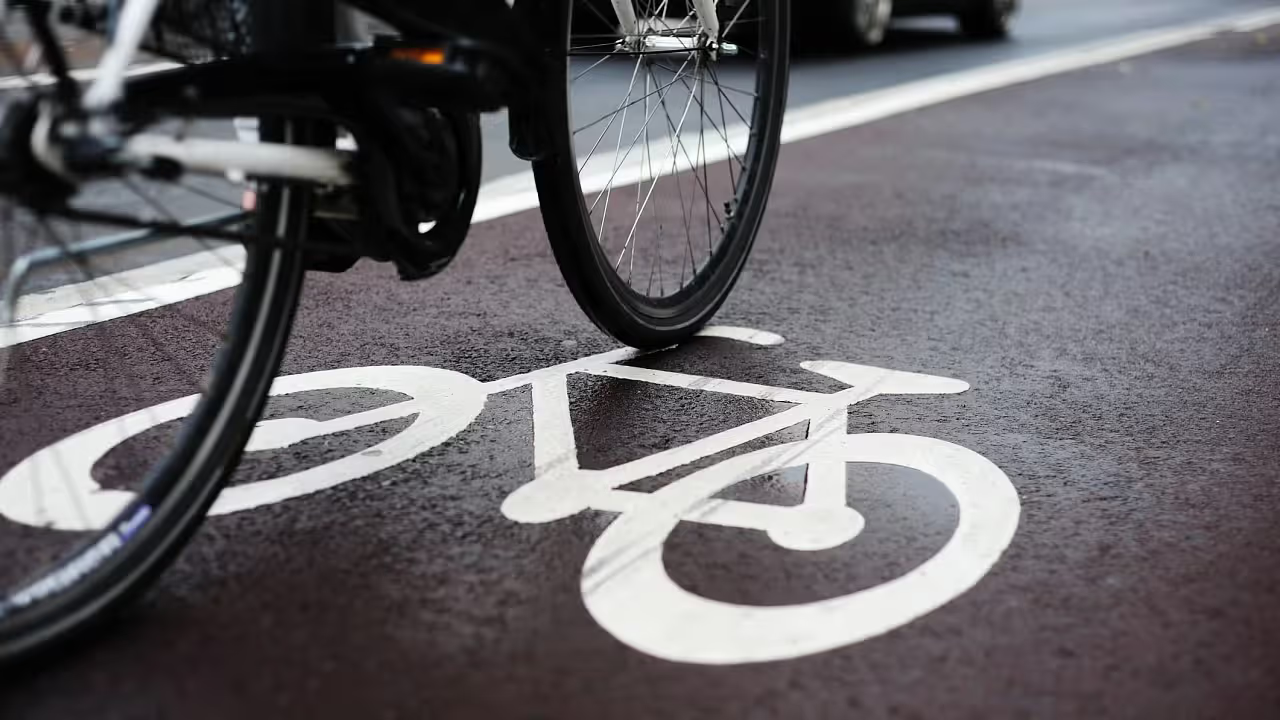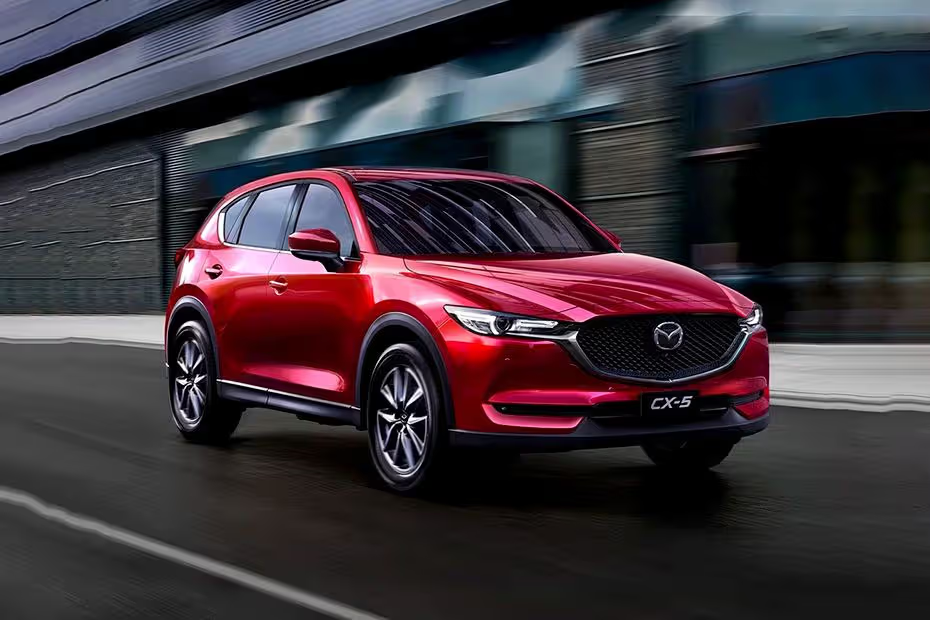As the cost of living continues to rise in Australia, an increasing number of commuters are turning to bicycles as an alternative to cars for their daily commute. This shift is driven by the desire to save money on fuel, parking, and vehicle maintenance costs, as well as growing environmental consciousness and health considerations.
Economic Pressures: The rising costs of fuel, parking, and general vehicle maintenance are prompting many Australians to reconsider their commuting options. Bicycles offer a more economical alternative, especially for short to medium-distance travel.

Environmental Considerations: Many commuters are motivated by a desire to reduce their carbon footprint. Cycling is seen as a sustainable mode of transport that contributes positively to the environment.
Health Benefits: Cycling promotes physical fitness and mental well-being, making it an attractive option for those looking to improve their health. The convenience of cycling can lead to increased physical activity in daily routines.
Government Initiatives: Local governments are responding to this trend by investing in cycling infrastructure, such as bike lanes and secure parking facilities. Initiatives aimed at promoting cycling as a viable commuting option are gaining traction.
Cultural Shift: There is a growing acceptance of cycling as a legitimate form of transportation rather than just a recreational activity. Communities are increasingly embracing cycling culture, leading to more organized events and cycling groups.

Challenges Ahead: While the shift towards cycling is positive, challenges remain, including safety concerns on busy roads and the need for better infrastructure. Weather conditions can also impact the feasibility of cycling as a year-round commuting option.
The trend of swapping cars for bicycles reflects broader economic and social changes in Australia. As more individuals seek cost-effective, environmentally friendly, and health-conscious commuting options, cycling is poised to play a significant role in the future of urban mobility.














